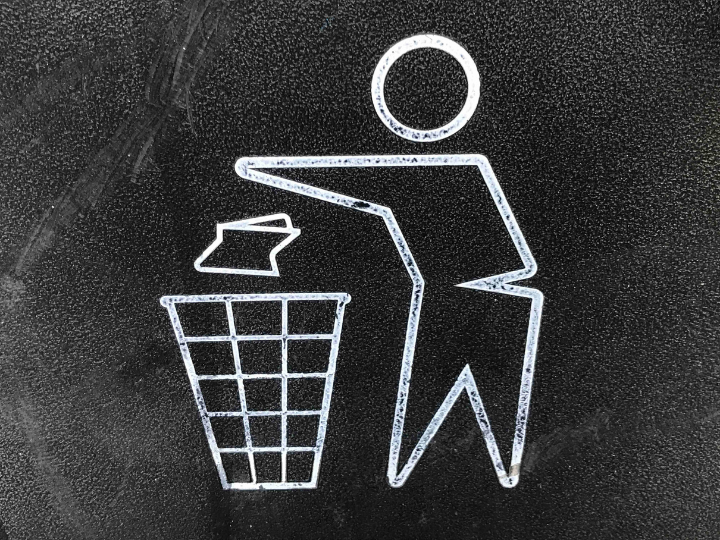by Frederic Simon
Lightweight soft packaging such as crisp packets or wrapping for chocolate bars is giving headaches to European recyclers who currently have little incentive to buy the collected material. The European Commission will seek to address this in July with its planned revision of the EU’s packaging and packaging waste directive.
One of the key objectives of the Commission’s new circular economy action plan (CEAP), tabled in March 2020, is to ensure that “all packaging on the EU market is reusable or recyclable in an economically viable way by 2030”.
This means even complex-to-recycle packaging, such as crisp packets and wrapping for snacks or candy bars, will need to be recycled or replaced by greener options
But making this type of “flexible packaging” recyclable is a momentous challenge for the industry because of the cumulated costs involved in the collection, sorting and recycling of these products.
At the end of the day, buying virgin material is often still the cheapest option for the food industry.
“The reason why flexible packaging is not recycled at the moment is because of the cost. Economically it has very little value,” said Justine Maillot from the Rethink Plastic Alliance, an environmental pressure group.
“It’s also because of insufficient volumes – flexible packaging is not collected separately in most European countries,” Maillot explains, meaning it’s usually not recycled and ends up being dumped in landfill or sent for incineration.
France and Belgium recently started collecting flexible packaging, following in the footsteps of Germany, Spain, and Italy, which started 20-30 years ago. However, improving collection does not mean the packaging will be recycled at the end of the day.
“The value for recyclers is low, there aren’t many buyers for it,” said Joaquim Quoden, managing director at EXPRA, the alliance of packaging recovery organisations. “Even if you collect and sort flexible packaging, you very often have to subsidise the recycling,” he told EURACTIV in an interview.
“This means you have to pay the recycler to take the material instead of getting paid by the recycler for it. So, up to now, the economic chain is not fully functioning for flexible packaging.”.
According to Maillot, one of the issues with flexible packaging is the multiple layers of different materials like plastic and aluminum, which are compressed together. Crisps are packaged like this to prevent the fat they contain from going rancid when exposed to oxygen.
“And that makes it very challenging to make the packaging recyclable,” she told EURACTIV.
The difficulty to recycle flexible packaging is also linked to the chemicals used in the packaging, which Maillot said can be “quite heavy in inks and additives” coming into the different layers of the packaging.
“So removing chemicals of concern will be essential to improve recyclability there. But the very fact that there are so many layers in itself makes it really hard to recycle.”
A more viable business for recyclers is to deal with heavier products like PET plastic bottles and other rigid packaging, which can be collected in sufficient quantity and have more value after recycling.
*first published in:www.euractiv.com




 By: N. Peter Kramer
By: N. Peter Kramer
